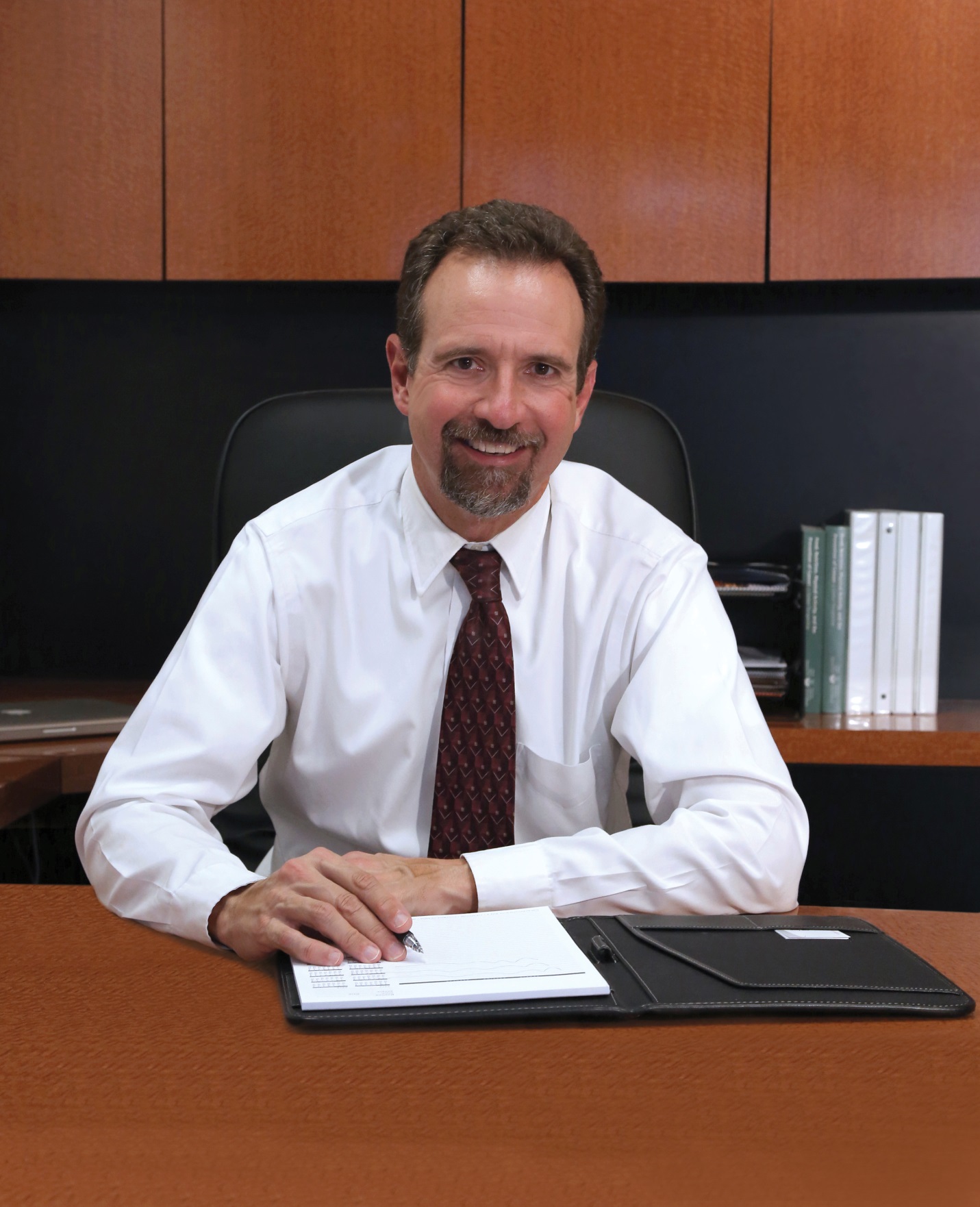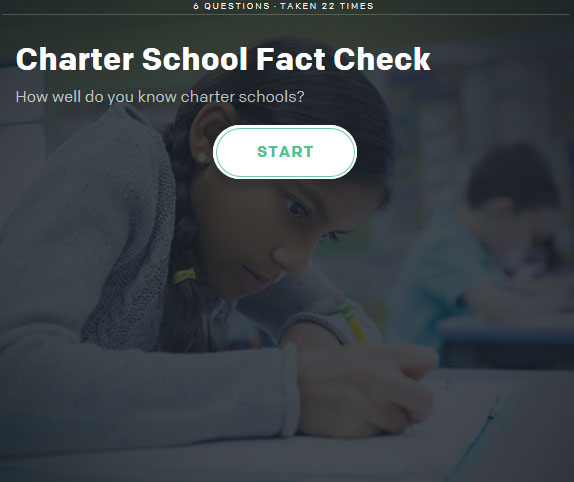Square Pegs for Round Goals: College, Career, and Life Preparedness for Students
By Greg Dhuyvetter—Superintendent for the Diocese of Orange California
 Schools have always demonstrated excellence in preparing students for the world of the previous generation. In a static world, this backward preparation would be acceptable, but in a rapidly changing world of complex demands that we cannot yet envision, this pattern is less and less effective. Momentum works against us and we create square pegs for round goals. Schools have always demonstrated excellence in preparing students for the world of the previous generation. In a static world, this backward preparation would be acceptable, but in a rapidly changing world of complex demands that we cannot yet envision, this pattern is less and less effective. Momentum works against us and we create square pegs for round goals.
Despite changing paradigms of school, one constant throughout much of the past century has been the preparation of students for college and career. To advertise this mission (and perhaps to remind themselves) a good number of high schools include College Preparatory in their name as a stamp of quality, but this is accepted as a primary reason for most secondary schools. So what is college preparedness?
Though many might equate college preparedness with knowledge (or passing the SAT®), true readiness in the 21st century is made up of several hierarchical components. Mastery of a body of knowledge in various fields remains important, though the rote learning of the past has become less relevant in a resource-rich present. There remains a body of knowledge required for daily living and for work in a classroom, but this is being redefined by every present digital tool.
The second set of college readiness requirements are skills. In a traditional view these would include reading, writing, and arithmetic, the tools through which one uses facts to create meaning. While the traditional “3 Rs” remain vital skills for the foreseeable future, there are a new set of learning skills with which the college student must be comfortable including ability with productivity software, effective finding and evaluating Internet resources, or working collaboratively with groups who may be in the same room or may be in different time zones. Without requisite skills, fundamental knowledge falls flat.
Knowledge and skills essentially make a good high school student (and one could argue that schools spend an awful lot of time working on making good high school students), but the independent learning required by the college experience and beyond requires another set of habits of mind and behavior. The ability to regularly perform in a daily classroom situation is replaced with ability to work independently, to keep to a schedule, to focus amidst chaos. Many of the roles formerly left to the teacher have to be internalized, and only through encouraging active learning, rather than passive compliance, can schools develop these more advanced habits.
The final set of abilities is the most complex, but perhaps the most necessary. These are skills to move on from school life into “real” life. The irony of the college preparatory high school is that the focus can become preparing students for four or five years of the next seventy. Most of life will not be school, and it is more and more challenging to move from the academic world to regular employment. Navigating the realities of job search, career building through various positions and fields, and student loan repayment—not to mention the continued challenge of moving out and making a life on one’s own—are skills that are never explicitly addressed in a college curriculum. In fact, in most college programs there is little focus on giving students anything more than a degree, a vital but not comprehensive ticket to the future.
College preparedness is far more than what is documented on the SAT or found on a transcript. The life and learning skills that students develop in elementary and secondary school are vital to real success in college and more importantly to the round goals of their future.
Watch the webinar to hear more about this topic.
About the Author
Greg Dhuyvetter is celebrating his 33rd year in education and has presented at conferences and workshops throughout the country. He is a former English teacher, administrator, and superintendent. Greg has been highly involved in educational leadership—working with strategic planning, program development, and faculty development—and trying to anticipate new realities of education.
|



 Schools have always demonstrated excellence in preparing students for the world of the previous generation. In a static world, this backward preparation would be acceptable, but in a rapidly changing world of complex demands that we cannot yet envision, this pattern is less and less effective. Momentum works against us and we create square pegs for round goals.
Schools have always demonstrated excellence in preparing students for the world of the previous generation. In a static world, this backward preparation would be acceptable, but in a rapidly changing world of complex demands that we cannot yet envision, this pattern is less and less effective. Momentum works against us and we create square pegs for round goals.


